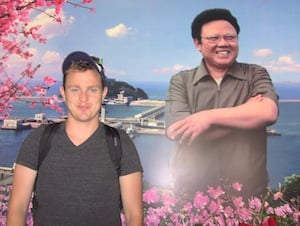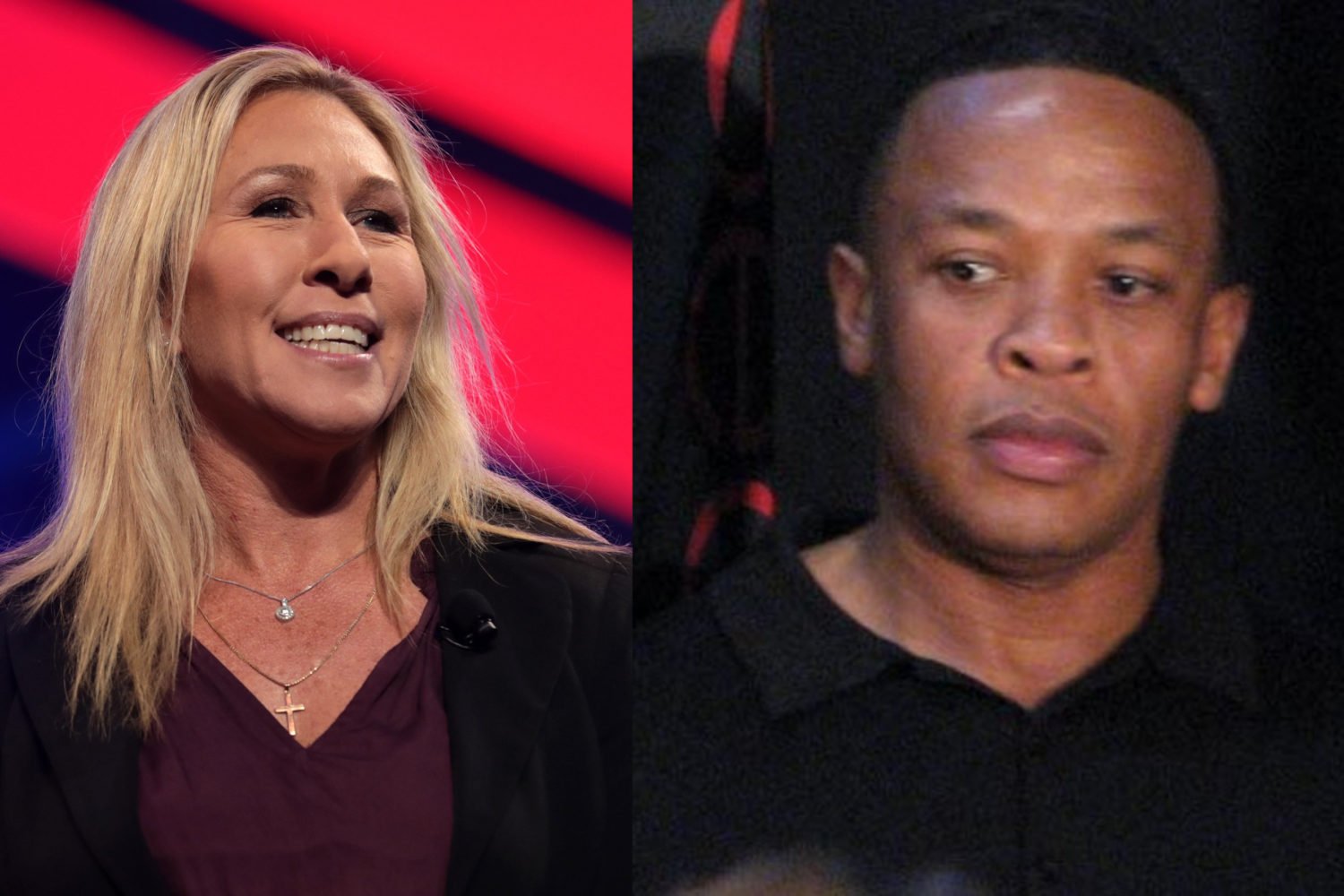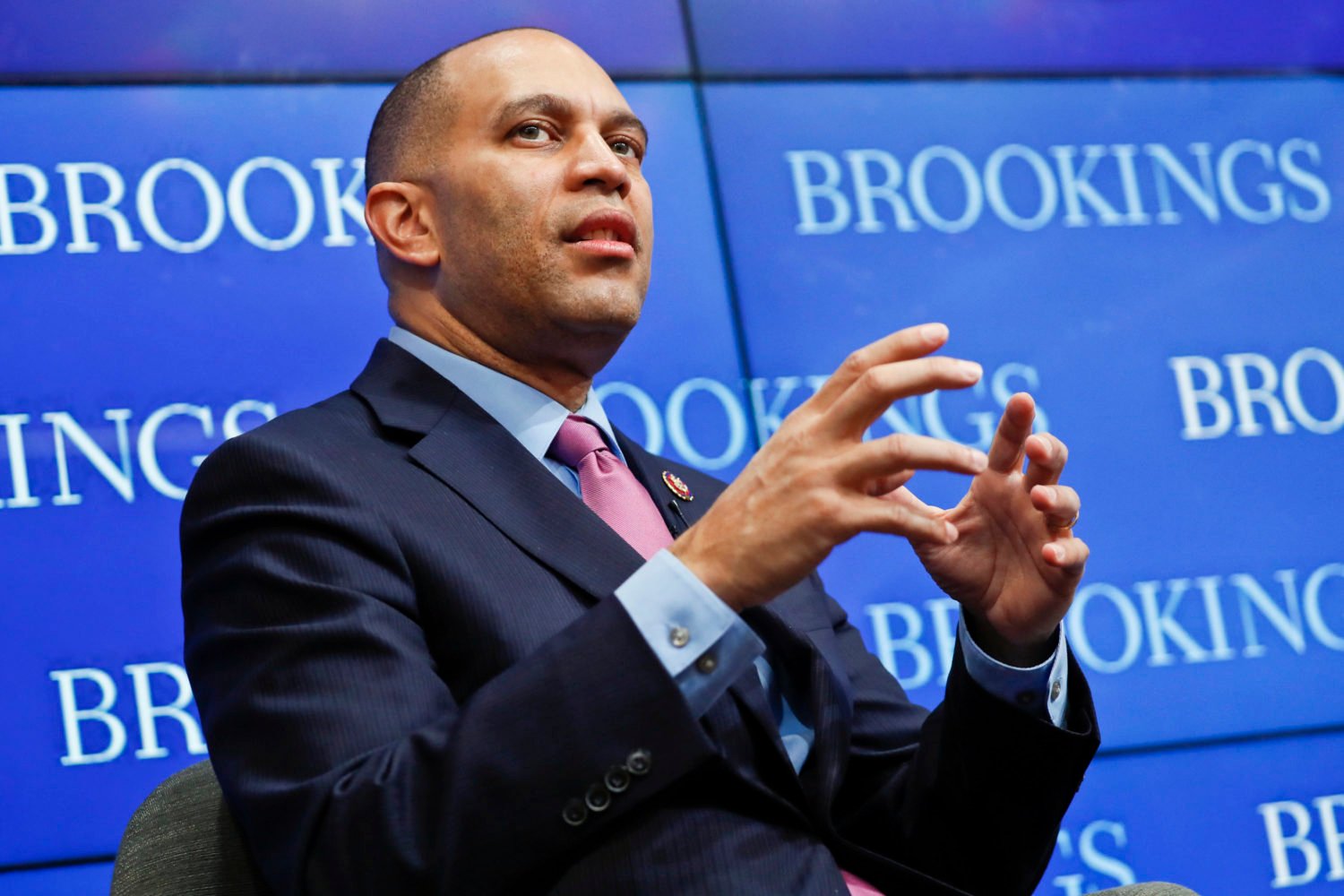“Juche” is one of the key philosophical pillars underlying the North Korean national ideology. It roughly translates to “self-reliance,” and it is invoked by the country’s leaders to justify its state-centered policies and to set the North Korean people culturally apart from the rest of the world.
Juche Strong, a new documentary by DC-filmmaker Rob Montz, explores the origins of this idea and the broader North Korean propaganda apparatus. The film will premiere in DC tomorrow, and it will be screened at the Cato Institute on April 11.

Montz’s thesis is provocative and perhaps not one you’ve heard before to explain why North Korea behaves in ways that seem utterly counterproductive, and that have isolated it from much of the world. While Montz doesn’t paper over or disregard the extraordinary, organized tools of state oppression that North Korea’s ruling family deploys to keep its grip on power–cutting off its people from information, forcing its citizens into labor camps, and a cult-like demand for loyalty–he finds that there’s something deeper at work that keeps North Korea alive, and that keeps more North Koreans from fleeing their country.
It is the juche idea, the self-reinforcing message that North Koreans are fundamentally superior, that has captured the imagination of its people for generations. “North Korea has in some way perfected the tools of ideological control,” Montz explained when we sat down recently to discuss the film. “Those tools can kind of look silly from the outside, but if you peer into them they have an internal logic if you’ve grown up in that environment.”
Montz traveled to North Korea and interviewed a wide range of experts in order to understand how the people see themselves. He says despite the often comical depictions of the regime as detached from reality and on the brink of demise, it is “significantly more resilient than even the experts give it credit for.” Montz was by no means an expert when he started making the film a few years ago. Initially, he set out to tell a story about North Korea’s competition in the 2010 World Cup; it was the first time time the country had played in the tournament since 1966. But as Montz dug deeper into North Korean history and began to confront his own preconceptions about its society, the story changed. Here are some experts from our conversation.
What was your perception of North Korea when you started making the film?
I suffered from a lot of the misconceptions that this film is now specifically designed to combat. The media portrays North Koreans as automatons. Mindless followers. I see them repeatedly being scrubbed of their humanity. And [the conclusion] is that either this regime is colossally silly–and I can assure you that was very prominently in place during this recent Dennis Rodman fiasco–or it’s this place continues to exist purely because of oppression. It’s a purely totalitarian state and the only way it maintains social order only is through the gun and the jack boot.
The more I dug into it, I found that their nuclear program does matter. Their relationship with China does matter. The labor camps do matter as the maintenance of control. But another equally important pillar is the national ideology.
So this is juche. Where did it come from?
When Kim Il-Sung takes over in the 50s, he’s staring at people who have just relieved themselves of 40 years of incredibly brutal Japanese control. Then they go through the Korean War. This is a people primed to the idea that foreigners are not to be trusted,and that we need to figure out a way to operate completely independent of foreign influence.
Additionally, the Korean peninsula has centuries of acute xenophobia embedded in its culture. The idea is that you meld those two together and make it a founding philosophical principle of the regime. How much of it was a conscious crafting of a specific narrative or an organic expression of the culture, I don’t know. It’s got to be a little bit of both. But if you’re staring at a people that have just had a horrid experience with imperial control, it’s really smart to make a centerpiece of your propaganda that we are a self-reliant people that doesn’t depend on anyone else.
How do they view South Koreans?
I think they view them as brothers who are being misled or oppressed by a sort of idiot government. Coming down from the Juche Tower in Pyongyang, I asked a man in his 30s if he thought he’d see reunification in his lifetime. And he said yes. I think he’s indicative of most North Koreans; they think reunification is inevitable. Obviously that doesn’t accord with the facts at all. It seems so silly to us. But that has always been an essential part of the sell to the North Korean people.
How much is communist ideology a part of the North Korean national ideology, of juche?
It’s not about trying to find some sense of solidarity with the rest of the global working class. It’s about a clean break between the North Korean people and everyone else. They actually eliminated the word communism from their constitution. They used to have statues of Lenin and Marx on their main square. Those have been recently removed. It’s been a gradual, concerted effort to eliminate any notion that some other country had anything to do with the philosophical ideology of the country and its ability to be independent in the first place.
It doesn’t do it justice to just talk about it as a communist state. It’s a unique fusion, but not in a silly way. It has earned the right to be taken seriously, and I only see people think of it as a nuclear-touting, bipolar, wantonly self destructive rogue state.
I’d like the regime to disappear. I want North Korea to have freedom. But you can’t have a hope of achieving true reform if you don’t have a basic understanding of how the country operates.
How did you manage to get into the country?
Getting into North Korea is incredibly simple. There are tour companies. Go on Kayak.com. Drop $1,300 on a flight. The tour group meets up with you. I brought a laptop and a camera. You’re allowed to film there.They don’t want you filming civilians or army personnel, but it’s not difficult to take covert shots of people.
But they restrict your movements. You have a minder.
Absolutely. For instance, they took us through the subway. We briefly chatted with some North Korean kids on their way to school. They seemed obviously afraid of us. You’re not supposed to film them. But if you just turn on the camera and close the viewfinder, you can take pictures. That’s how I got some of the shots inside the subway system.
How do North Korea’s current provocations fit within its ideological playbook?
I think this is just a regime that has already demonstrated being astonishingly adept at self-preservation. For decades, they’ve done a very good job of playing the international community to continue to accrue power and to continue to exist as a country. I think it’s incredibly unlikely they’d do things that are suicidal. I have zero fear of a missile strike from North Korea [on the United States]. That is all done for internal PR purposes. None of it indicates a genuine military strategy. The nuclear tests, breaking agreements, I don’t think that will have any influence on their behavior, and I don’t think it represents a genuine threat to the Western world.
Why did you decide to make a film in the first place?
I knew that I wanted to learn how to make films, but I hated the idea of going to school and accruing debt. And they don’t teach you all the business aspects of film. I’d rather take two years, make a film myself, make a lot of mistakes, but come out of it with $1,000 in credit card debt and also a first hand experience of every single aspect of the filmmaking process.
I’m a fellow at a non-profit called the Moving Picture Institute. They gave me about $10,000 to make this film. They also were a fiscal crowd sponsors for a crowd sourcing campaign and put me in touch with a lot of DC filmmakers.









